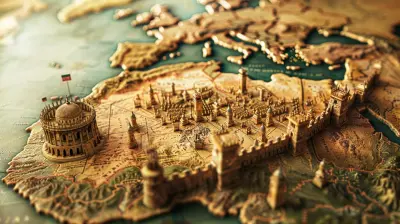Lessons from the Crusades: Religion and Conflict
28 May 2025
The Crusades—a series of bloody, relentless wars fought between Christians and Muslims—have left an undeniable mark on history. These conflicts, spanning from the 11th to the 13th century, were more than just battles over land; they were wars fueled by faith, ambition, and power. But what can we really take away from these centuries-old struggles? Were they just religious wars, or do they reveal something deeper about human nature?
Let’s dive into the tension, betrayal, and lessons buried within the Crusades. 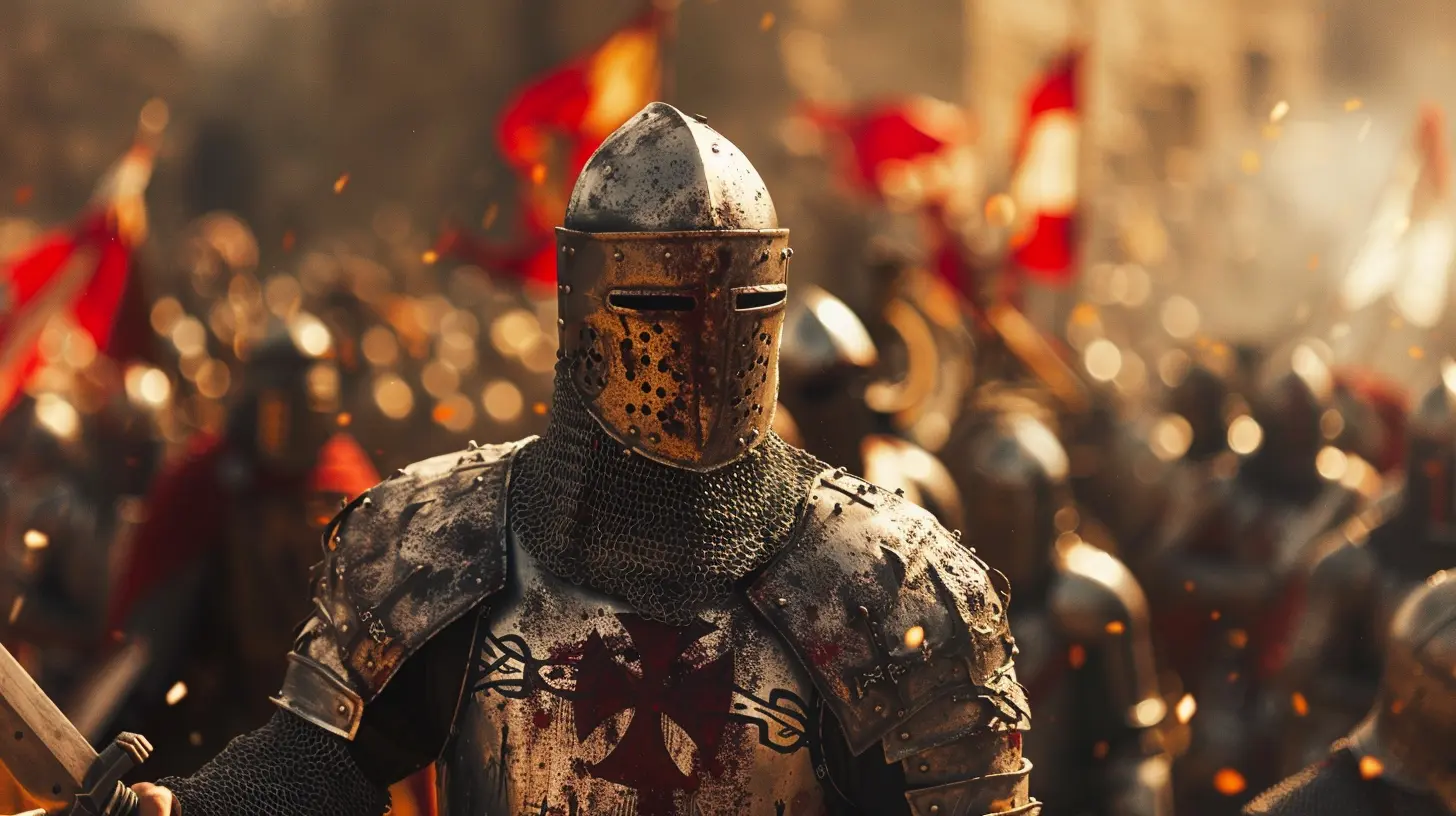
The Crusades: A Quick Recap
Before we get into the larger lessons, let’s set the stage. The Crusades were a series of military campaigns initiated by the Catholic Church to reclaim the Holy Land (modern-day Israel and Palestine) from Muslim control. Pope Urban II’s impassioned speech in 1095 sparked the First Crusade, and what followed was nearly 200 years of warfare between Christian and Muslim forces.On the surface, they seemed like purely religious wars, but as we dig deeper, we see layers of political manipulation, economic interests, and cultural clashes that made the Crusades much more than just faith-driven conflicts. 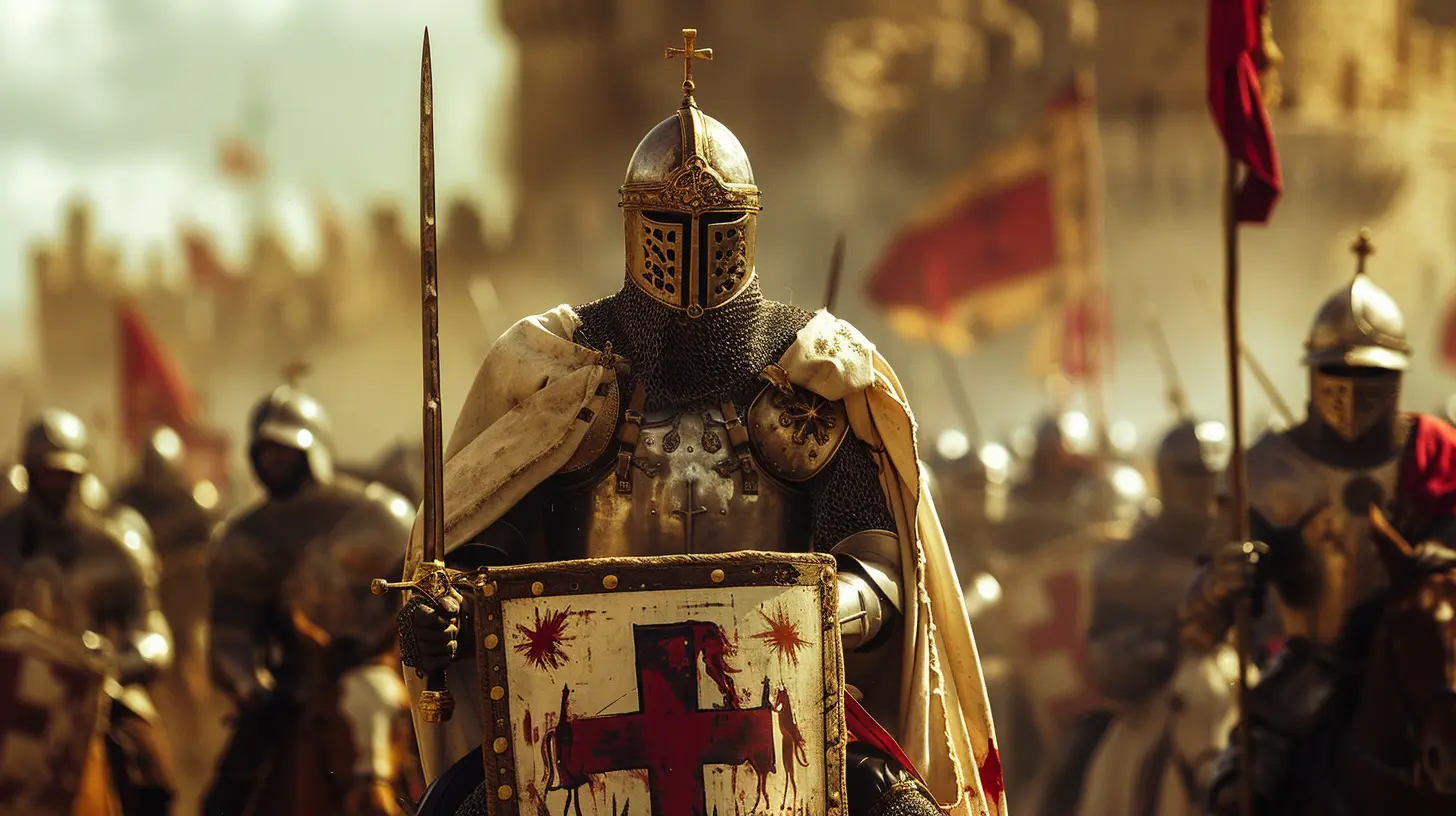
Religion: A Unifying Yet Divisive Force
Religion played a massive role in motivating people to fight. Christian crusaders believed they were fighting for God’s will, while Muslim warriors saw themselves as defending Islam. Both sides believed they were on the righteous path.But here’s the interesting part—religion wasn’t just a reason to fight; it was also a unifying force. People from different walks of life, whether kings or peasants, took up arms for a common cause. This faith-driven unity was powerful, proving that belief systems can both bring people together and tear them apart.
So, what does this mean for us today? It highlights the double-edged sword of religion—it has the power to inspire peace and goodwill, yet it can also ignite flames of hatred when misused. 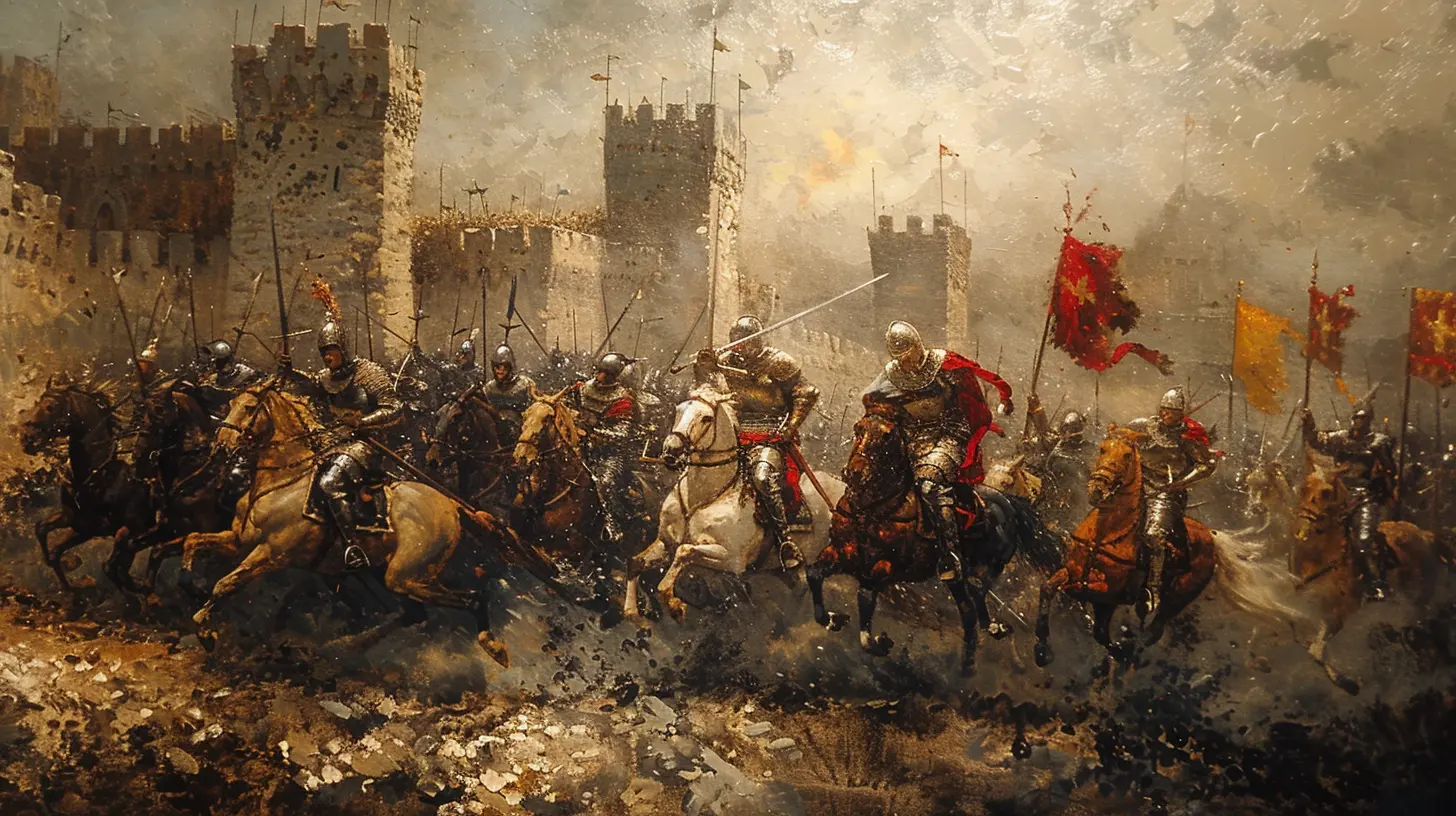
Politics and Power: The Real Puppet Masters
Let’s be honest—while religion was the primary justification, political and economic ambitions often fueled these conflicts.- The Papacy’s Ambitions: The Catholic Church wasn’t just interested in spiritual matters; it wanted power. By rallying Christian warriors to fight, the Pope strengthened the Church’s influence over European rulers.
- Kings and Nobles’ Gains: Many European leaders saw the Crusades as opportunities to expand their territories, claim riches, and gain glory. It was a convenient excuse to wage war and establish dominance.
- The Muslim Resistance: Muslim leaders, especially figures like Saladin, used the Crusades as a unifying force, bringing fragmented Islamic factions together to fight a common enemy.
What can we take from this? Historical conflicts are rarely black and white. Even when people claim to fight for noble causes, hidden agendas often lurk beneath the surface. 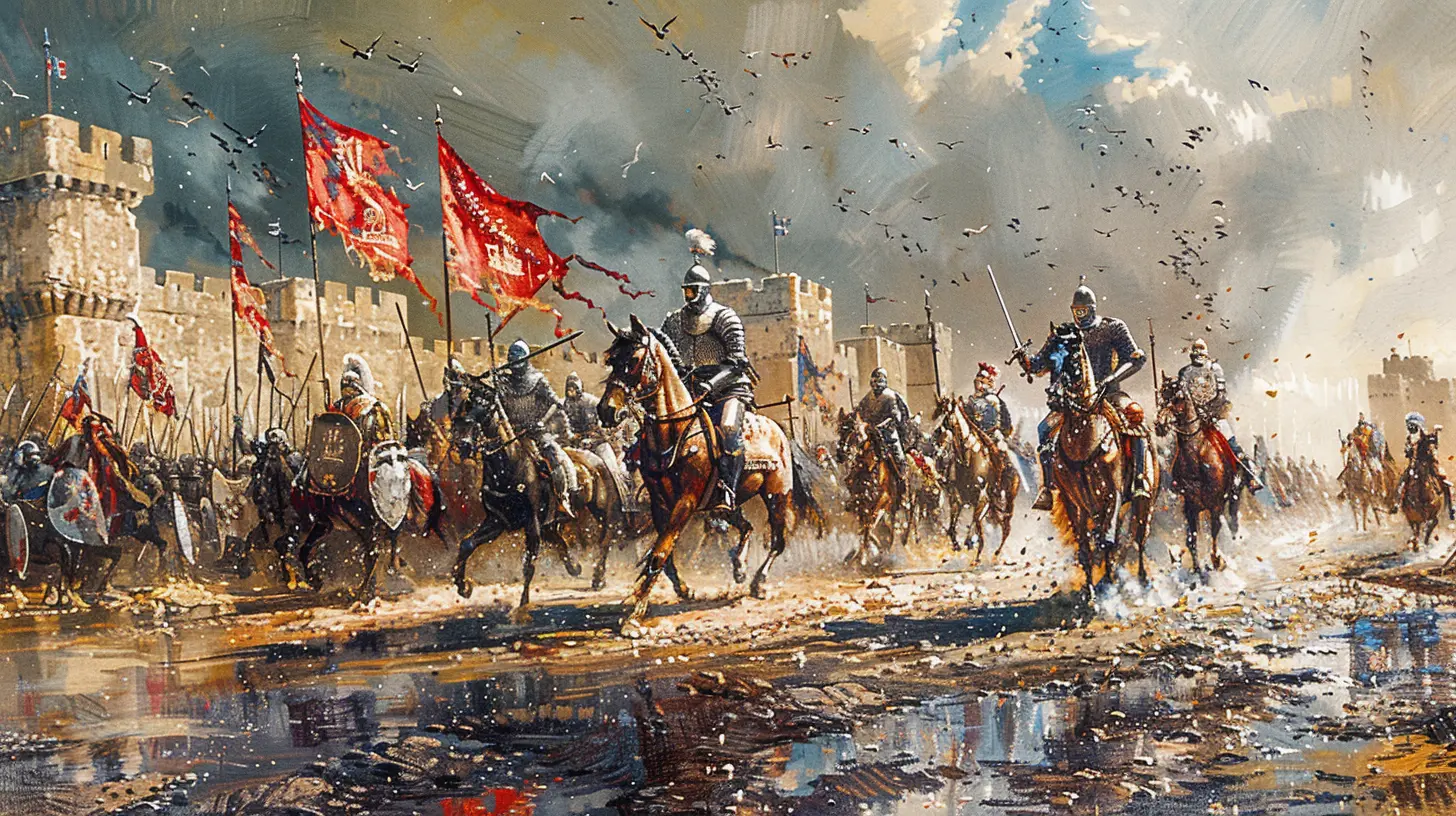
Violence in the Name of Faith: A Repeated Pattern
One striking lesson from the Crusades is how often religion has been used to justify violence throughout history. These wars were not the first, nor the last, where faith was weaponized to rally people into battle.Think about it. From the Spanish Inquisition to modern-day extremism, history is littered with examples of violence justified through religious beliefs.
This begs the question—how do we prevent religion from being used as an excuse for conflict? Perhaps by promoting open dialogue, encouraging tolerance, and remembering that every faith, at its core, preaches peace.
The Cultural Exchange: An Unexpected Silver Lining
Here’s something you might not expect—the Crusades weren’t just about destruction. They also led to an unintended cultural exchange.- Trade Flourished: European crusaders brought back spices, fabrics, and knowledge from the Middle East, stimulating economic growth.
- Knowledge Spread: The West was introduced to Islamic advancements in science, medicine, and mathematics, which eventually helped spark the Renaissance.
- Architectural Influence: European castles began adopting Middle Eastern architectural styles, blending cultures in unexpected ways.
It’s fascinating, isn’t it? Even in the midst of war, knowledge and ideas flowed freely, proving that even conflict can have unintended, positive consequences.
The Lessons We Can’t Ignore
The Crusades hold crucial lessons that still resonate today.1. Religious Extremism Leads to Tragedy – When faith is twisted into a weapon, destruction follows.
2. Politics Often Hides Behind Religion – Many wars claimed to be about faith were really about power and control.
3. Cultural Exchange Can Emerge from Conflict – Even in war, knowledge and ideas can spread, shaping civilizations.
Most importantly, history warns us about the dangers of unchecked fanaticism. The Crusades remind us that blind loyalty to ideologies without questioning their true motives can lead to disaster.
Are We Still Fighting the Same Battles?
While the Crusades ended centuries ago, their echoes still linger. Religious conflicts persist, political leaders still manipulate faith for power, and cultural clashes remain a challenge.So, what’s the takeaway? Perhaps the lesson isn’t just about the past but about the present and future. If we fail to learn from history, are we doomed to repeat it?
It’s a chilling thought, but also an invitation to reflect—how can we break the cycle?
Final Thoughts
The Crusades weren’t just religious wars; they were a complex mix of faith, power, greed, and cultural exchange. While they highlight the dangers of extremism and manipulation, they also show how human connections can transcend conflict, leading to mutual growth.So, the next time you read about historical conflicts, don’t just see them as distant events—see them as mirrors reflecting the patterns of human nature that continue to shape our world. The question is, will we ever truly learn?
all images in this post were generated using AI tools
Category:
History LessonsAuthor:

Olivia Chapman
Discussion
rate this article
3 comments
Zeal McCoy
This article offers a fascinating perspective on the complex interplay between religion and conflict during the Crusades. I'm intrigued to explore how these historical lessons can inform our understanding of modern conflicts today.
June 14, 2025 at 4:31 AM

Olivia Chapman
Thank you for your insightful comment! I'm glad you found the article engaging and relevant to contemporary issues. Exploring these historical lessons can indeed shed light on today's conflicts.
Virginia Chapman
This article provides insightful perspectives on the interplay between religion and conflict during the Crusades, reminding us of the importance of understanding history to foster peace and tolerance today. Thank you!
June 6, 2025 at 4:30 AM

Olivia Chapman
Thank you for your thoughtful comment! I’m glad you found the article insightful and relevant to fostering peace and understanding today.
Remington Pruitt
A nuanced perspective on history; essential for understanding today's conflicts.
June 1, 2025 at 5:04 AM

Olivia Chapman
Thank you! I'm glad you found the perspective valuable for understanding contemporary issues.

